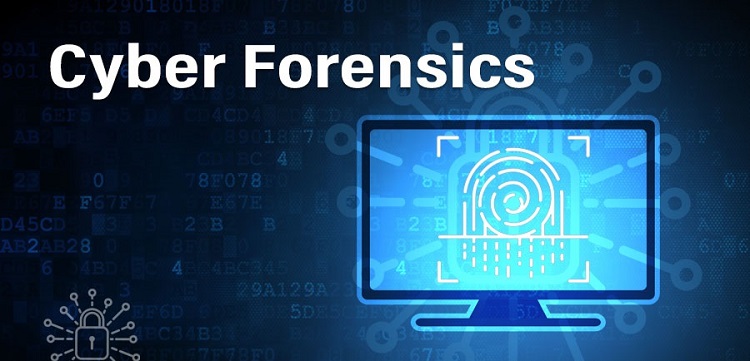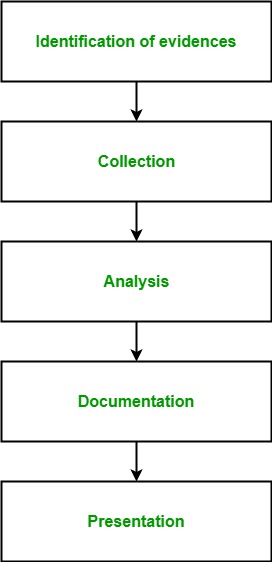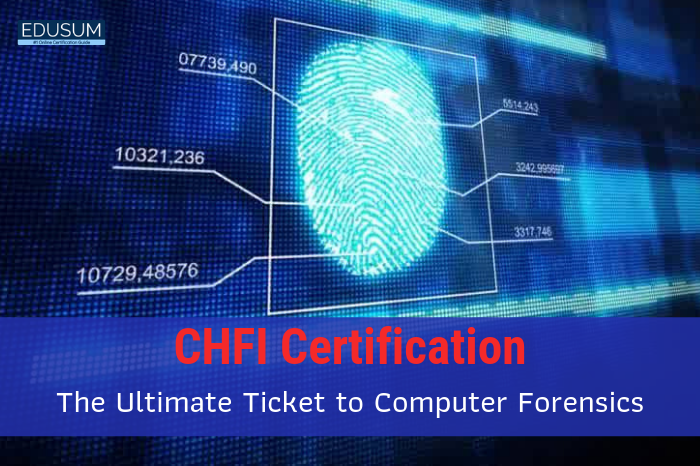The world has become increasingly digital in recent years, a trend that has affected every aspect of daily life. We’re now seeing the use of cyber forensics in criminal cases, among other areas of the justice system. From the local to international levels, cybersecurity experts have been tasked with assisting investigators in both solving crimes and exonerating the wrongfully accused.
Forensics Experts Make It Hard to Be a Cybercriminal
When most people think of cyber forensics in criminal cases, they immediately think of computer crimes. This is a solid assumption—after all, cybercrime has increased significantly in recent years. While the risks of phishing have long been an issue, hackers now have complex tools we once never imagined that enable them to do damage even without a social engineering aspect.
Digital forensics experts can track down illicit bank accounts, identify the source of attacks, spot system inadequacies, and perform a variety of other complex activities. Some of the biggest cybercrimes have led to billions of dollars in losses (EC-Council, 2017; Yakowicz, 2015), but digital forensic investigators have found tools to combat these attacks. Applying cyber forensics in criminal cases makes it possible to catch cybercriminals, serving as a major deterrent to computer crimes.
Collection of Criminal Evidence
When people think of forensics, they often envision scenes from the television show CSI, with professionals combing through evidence at crime scenes. Many of those interested in becoming digital forensic investigators know the situation is similar for cyber forensics: Digital forensics professionals also seek out evidence, but they’re looking at a computer rather than a dark alley.
This evidence can come in many forms—for example, digital footprints left by a hacker after infiltrating a system. Cyber forensics in criminal cases has also shown great promise in identifying fraud. Defendants have been convicted of sexual crimes, murder, and terrorism thanks to forensics experts’ ability to access encrypted data.
Exonerating the Innocent
Recent media coverage of wrongful convictions has led many people to defendant advocacy. While cyber forensics typically serves the prosecution in criminal cases, this isn’t always the case. For instance, the Digital Evidence Innocence Initiative is devoted to overturning wrongful convictions using digital evidence.
Unfortunately, individuals can only be exonerated after they’ve already been convicted. Criminal defendants are at a distinct disadvantage during trial since they don’t have the digital access that prosecutors do. While the state can subpoena service providers, defendants don’t have this option—but a cyber forensics expert can still find evidence to prove a convicted party’s innocence after the fact.
Fixing the Investigative Backlog with New Cybersecurity Professionals
One of the biggest hurdles that the cybersecurity industry will face in the coming years is attrition. The U.S. Bureau of Labor Statistics (2022) projects that there will be over 16,000 new job openings for information security analysts each year until 2030, many of them due to professionals changing industries or leaving the workforce. This shortage is a good thing for those who want to enter the field.
Regardless of your current role in cybersecurity, now is the perfect time to enter the criminal justice field as a digital forensics investigator. There is a significant evidence and investigative backlog that digital analysis could solve, including at the international level (Barnes & Sanger, 2021). Without qualified professionals in the field, the best cyber forensics tools could be useless in the criminal justice system.
Reopening and Solving Cold Cases
Although the shortage of available cyber forensics professionals in criminal cases is worrying, heightened interest in solving cold cases could change this. Computer hacking forensic experts are essential in contemporary investigations, but some older cases never even involved a computer and have ended up as cold cases
However, entering old evidence into expanding databases has proven powerful in remedying this issue. Sometimes, simply organizing data can crack a long-forgotten case. The ability to collect information from old hard drives is also a useful tool for investigators, who’ve used it to solve famous cold cases (Eclipse Forensics, 2021).
Enter the World of Digital Forensic Investigation
Forensics is one of the most popular areas of the criminal justice system. Unfortunately, many of those interested in a role in this field as a digital forensic investigator don’t have the cybersecurity skills they need to begin their careers. If you’re interested in a career in criminal justice as a cyber forensic investigator, now is the time to start.
EC-Council’s Certified Hacking Forensic Investigator (C|HFI) program, which focuses on digital forensics and evidence analysis, is lab driven and ANSI accredited. It’s ideal for everyone from IT professionals looking to switch fields to current cyber forensics experts looking to fortify their knowledge. Start your C|HFI certification today and advance your career in this exciting field.
Source: eccouncil.org









